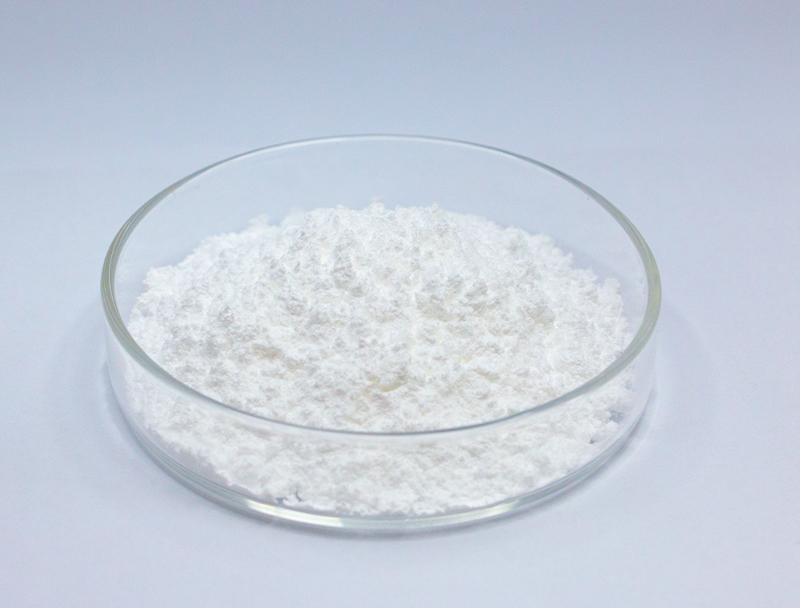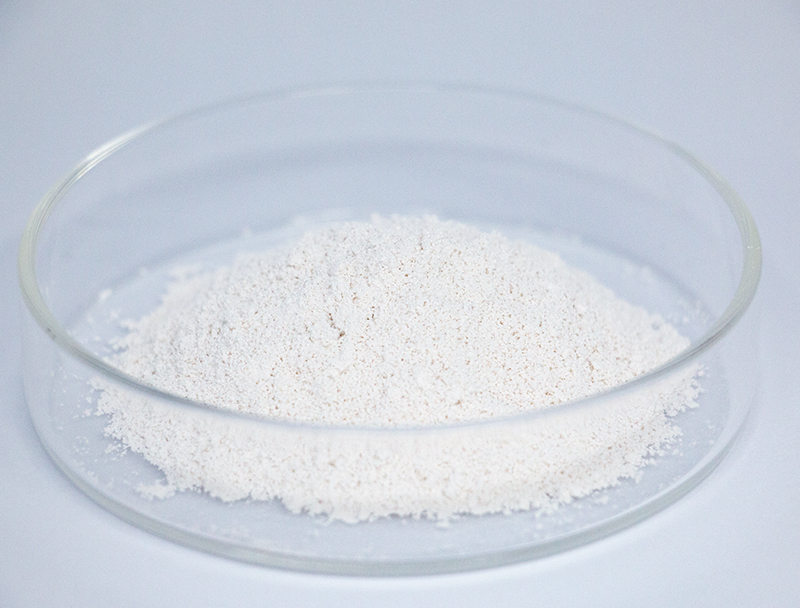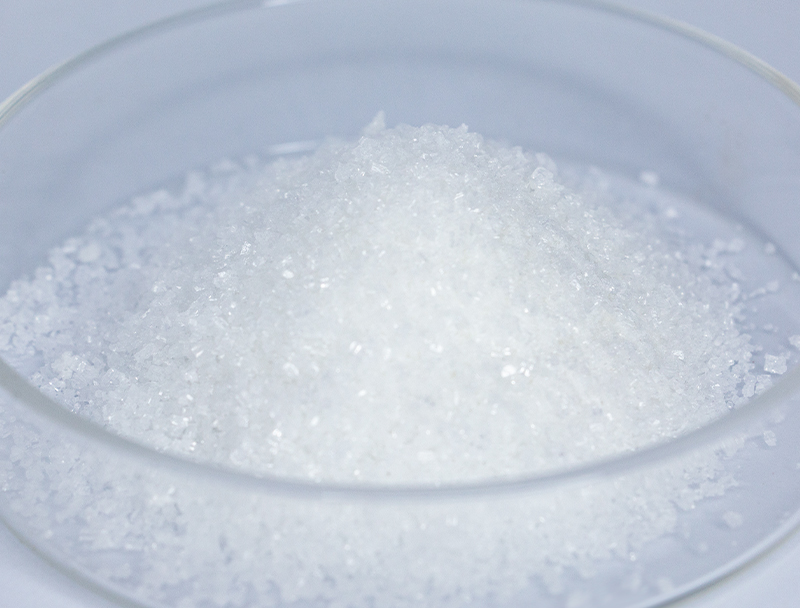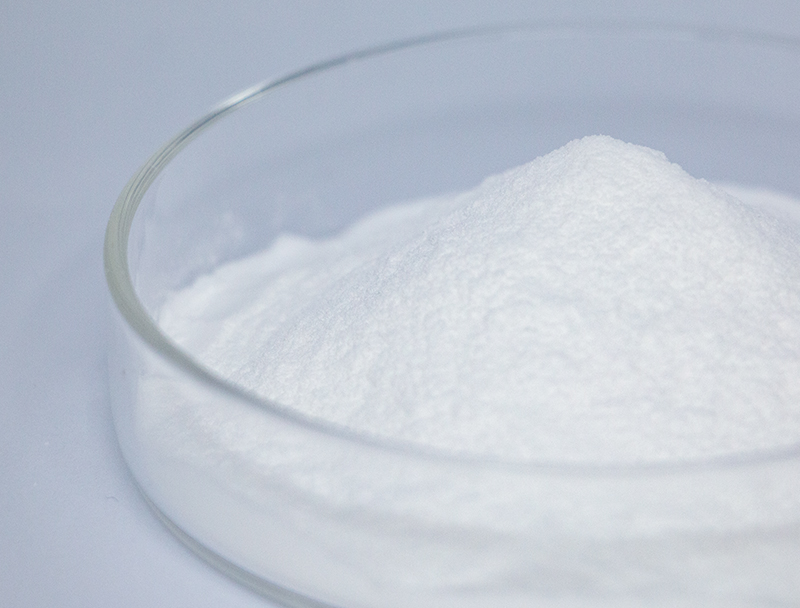
Biotech manufacturing draws predominantly from a broad palette of raw materials to supply inventive bioproducts.
Safeguarding environmentally mindful sourcing is vital for future-proofing and moral progress in biomanufacturing.
a range of complications linked to historic procurement practices including biodiversity loss and excessive resource use. Accordingly, manufacturers should embrace green sourcing tactics to shrink their ecological impacts.
- Instances of green procurement approaches are:
- Using repurposed agricultural residues as substrates
- Applying zero-waste frameworks to limit waste and optimize resource use
- Working with community-based suppliers that follow ethical standards
Embracing sustainable procurement produces environmental benefits with profitable potential.
Advancing Biomass Preparation for Elevated Biofuel Production
Optimizing biofuel yields depends strongly on feedstock quality and makeup. Analysts tirelessly probe advances to elevate feedstock conversion, producing improved fuel yields and a lower-carbon energy pathway. Methods encompass cellular engineering to augment biomass output and refining processes to liberate fermentable carbohydrates.
- Additionally, researchers are focusing on identifying new sources of biomass, such as algae, waste products, agricultural residues, to expand the range of sustainable feedstocks available for biofuel production.
- Through these continuous efforts, the field of biofuel production is poised to make significant progress in the coming years, paving the way for a more renewable energy landscape.

Biopharmaceutical Production: Innovations in Upstream Processes
spans early manufacturing steps including propagation and cell separation Recent advances in this domain have led to improved production processes, ultimately increasing product yield.
Crucial progress includes proprietary cell systems, optimized growth media, and adaptive bioreactor architectures. These developments raise yield and cut costs as well as diminish environmental consequences.
- In addition, momentum toward nonstop processing offers improved flexibility and optimized operational flow.
- This move toward intelligent production systems is expected to reshape the industry and hasten drug development.

Gene Editing Breakthroughs That Elevate Biopharma Output
progresses in gene editing technologies, such as CRISPR-Cas9, have revolutionized the production of biopharmaceuticals. Via deliberate gene edits, teams amplify protein expression for higher yields. The strategy paves the way toward accessible, high-yield therapeutics across disease spectra.
Using Microbial Systems for Site-Specific Remediation
novel biological remediation techniques leveraging microbial metabolisms for pollution control. Certain microbes have capacities to biotransform contaminants into nonharmful forms.. Leveraging microbial biotransformation promotes sustainable remediation that curbs industrial environmental impacts.. Research teams analyze microbial diversity to find candidates that metabolize heavy metals, break down pesticides, and treat oil-contaminated matrices.. These microorganisms can be employed in bioreactors or directly at contaminated sites, promoting the breakdown of pollutants through biodegradation processes..
Biological remediation using microbes yields meaningful benefits compared to conventional strategies. Such strategies are budget-friendly and lessen the creation of harmful byproducts. Similarly, microbe-based remediation affords specificity that avoids extensive ecosystem disturbance. The field of microbial biotechnology continues to advance rapidly, with ongoing research focused on improving the efficiency and effectiveness of bioremediation strategies.
Leveraging Bioinformatics for Novel Therapeutics
Digital bioinformatics methods are central to evolving therapeutic discovery processes. From identifying potential drug candidates to optimizing their efficacy and safety, bioinformatics enables a more efficient and data-driven approach.
- By analyzing vast datasets of genomic, proteomic, and clinical data, bioinformaticians can uncover novel drug targets and predict the activity of potential therapeutics.
- Additionally, simulation tools enable prediction of binding and activity, guiding creation of more potent drugs.
- Ultimately, informatics is transforming R&D and shortening timelines to deliver safe, efficacious therapies to patients.
Engineering Cellular Pathways for Improved Bioproduct Output
adopts varied approaches to raise biosynthetic yields of beneficial compounds. Methods might combine targeted gene changes to rechannel flux, regulatory element design to control expression, and exogenous gene introduction to provide fresh capabilities.. By optimizing cellular networks, developers can substantially boost target bioproduct output.
The multifaceted strategy promises to reshape sectors like biotech, agritech, and renewable fuel industries.

Upscaling Biopharma: Obstacles and Potential Gains
Large-scale manufacturing brings notable difficulties together with growth opportunities. Preserving batch-to-batch quality when scaling up is a key challenge. Meeting the need calls for dependable control systems, granular monitoring, and cutting-edge analytical methods.

Additional complexity arises because biopharma production entails many coordinated stages.. Transforming bench processes into industrial practice requires sustained research and engineering innovation. Nonetheless, the advantages can be major. Efficient scale-up can amplify access to medicines, compress costs, and strengthen returns.
A series of measures are underway to confront these obstacles. Plans feature next-gen optimization hardware, sophisticated real-time analytics, and forward-looking production strategies.
- Ongoing innovation drives improvements in industrial production capability.
- Regulatory frameworks are being optimized to accommodate novel production technologies and promote innovation.
Regulatory Strategies for Biopharma Compliance and Patient Protection
Manufacturing biopharmaceuticals entails detailed regulatory processes to copyright safety and clinical performance. Biologics sourced from living systems pose distinct regulatory and manufacturing complexities versus small-molecule drugs.
Agencies like FDA and EMA develop frameworks and criteria for validating and approving cutting-edge biotherapies..
Robust assay and safety testing are obligatory from discovery through post-marketing surveillance.. These measures aim to identify potential risks and guarantee that biopharmaceuticals meet the highest levels of safety..
Similarly, regulators iteratively adjust approaches to accommodate emerging biopharmaceutical breakthroughs.. Policies involve deploying novel tech and expediting development while preserving commitment to patient safety.

Plant-Derived Feedstocks as a Route to Sustainable Bioplastics
A stronger push for environmentally responsible materials is driving research into renewable options. Bioplastics produced from plant biomass form a compelling option for lowering environmental footprint. Renewable inputs including cornstarch, cellulosic matter, and sugarcane biomass can be processed into biodegradable plastics that minimize long-term pollution.
Moreover, bioplastics can mirror key properties of fossil-derived plastics and fit diverse application needs.. Continuous R&D will drive plant biomass into scalable bioplastic manufacture and help establish closed-loop material systems.
Biotechnology's Impact on Global Health and Food Security
Biotech innovations hold promise to dramatically impact health and the reliability of food systems. Using genome engineering, synthetic biology techniques, and cell-based treatments, innovators devise ways to tackle pathogens, amplify yields, and improve nutrition.. One example is bioengineered crops that withstand pests and stressors, enabling higher yields with less pesticide input.. Moreover, biotechnology plays a crucial role in developing vaccines, antibiotics, and diagnostic tools that are essential for combating infectious diseases and improving global health outcomes.. Going forward, advancements Calcium Propionate in biotechnology are likely to yield interventions that improve health and advance sustainable food systems globally.
